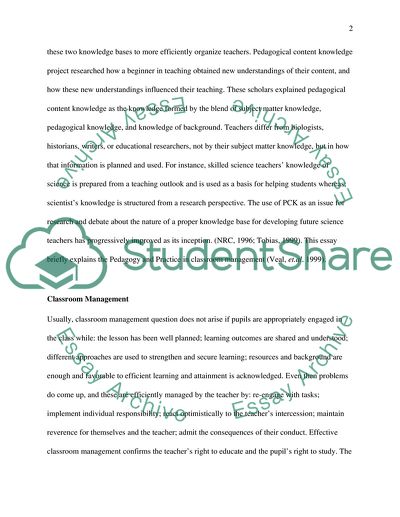Cite this document
(Pedagogy and Practice in Classroom Management Essay, n.d.)
Pedagogy and Practice in Classroom Management Essay. https://studentshare.org/education/1544499-pedagogy-and-practice
Pedagogy and Practice in Classroom Management Essay. https://studentshare.org/education/1544499-pedagogy-and-practice
(Pedagogy and Practice in Classroom Management Essay)
Pedagogy and Practice in Classroom Management Essay. https://studentshare.org/education/1544499-pedagogy-and-practice.
Pedagogy and Practice in Classroom Management Essay. https://studentshare.org/education/1544499-pedagogy-and-practice.
“Pedagogy and Practice in Classroom Management Essay”. https://studentshare.org/education/1544499-pedagogy-and-practice.


